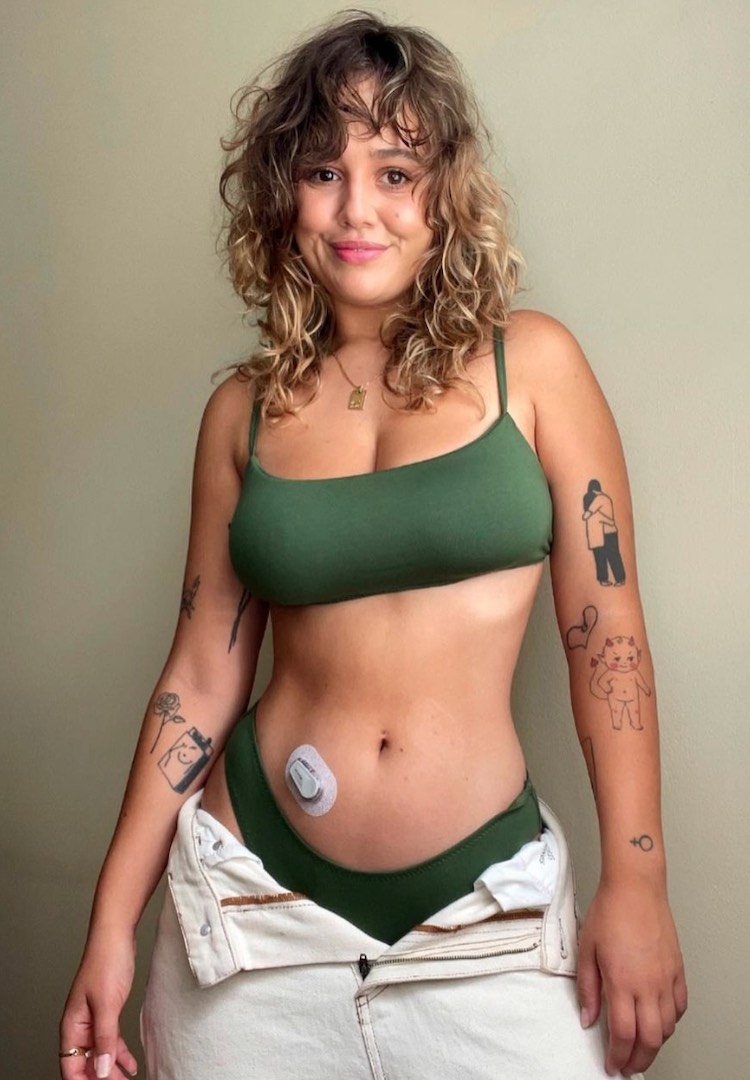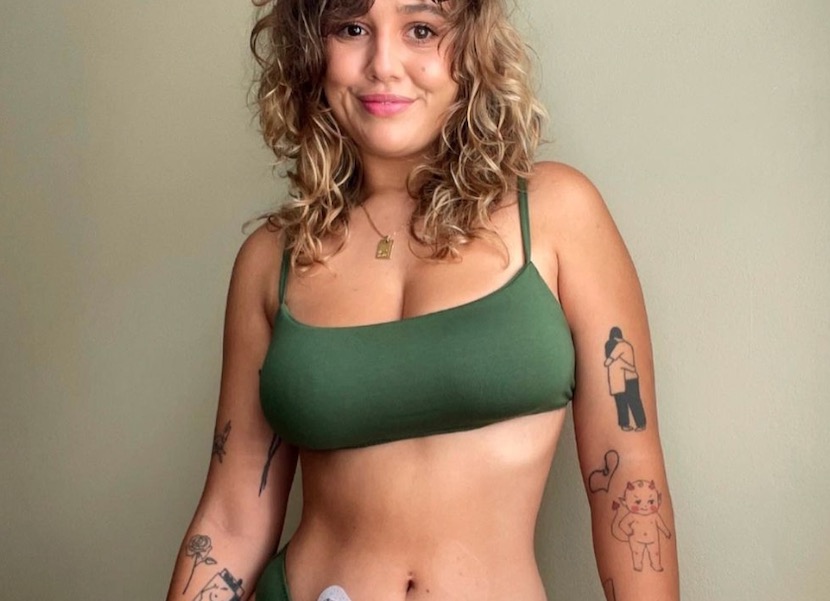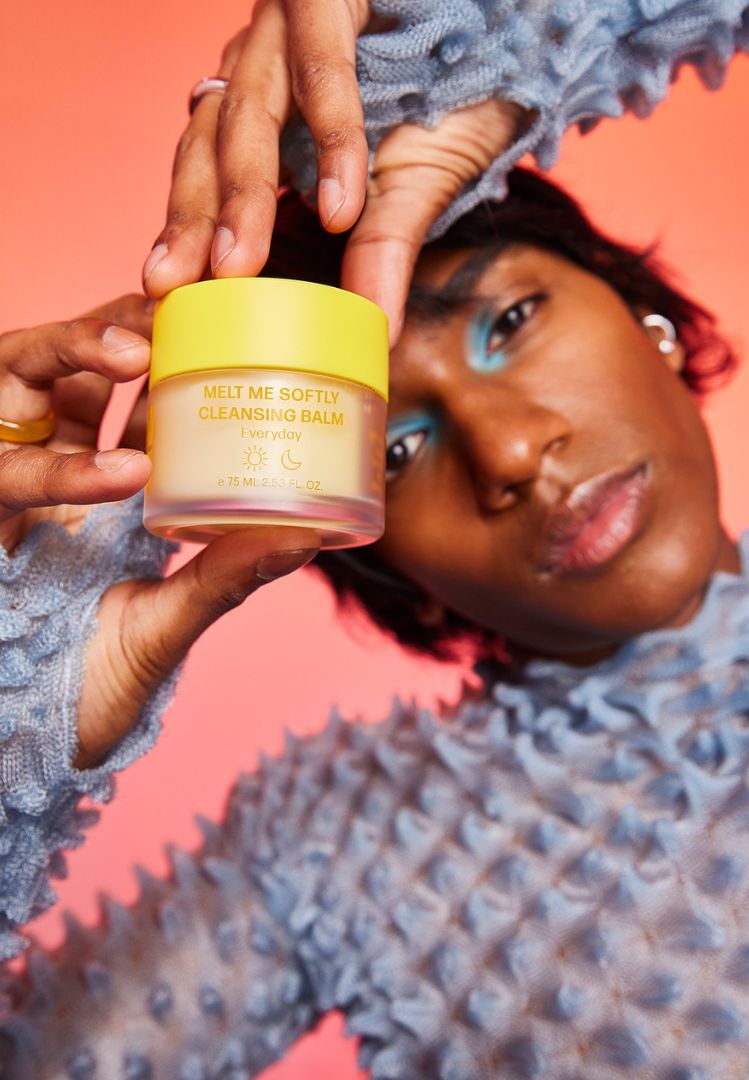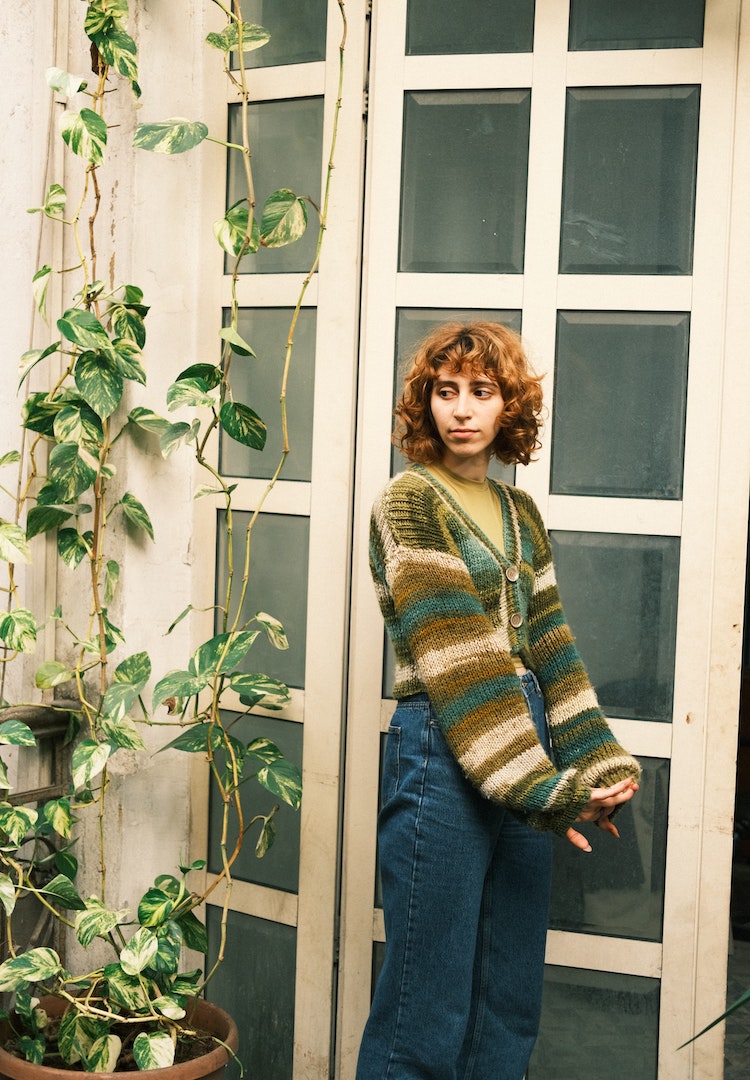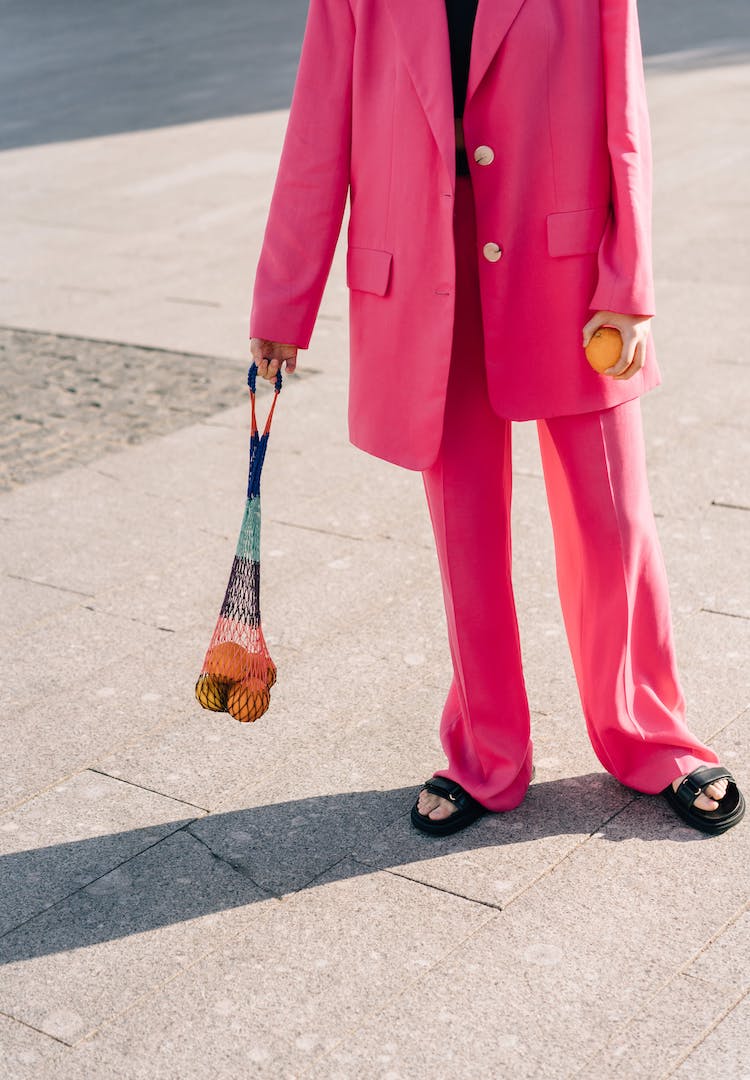How to show up for the people in your life with a disability
IMAGE VIA @zigs_mom/INSTAGRAM
WORDS BY CARMEN AZZOPARDI
“Sometimes the little things make the biggest difference to someone who is navigating a world that is not built for them.”
When I was diagnosed with type 1 diabetes in 2020, a myriad of all-consuming questions flooded my brain. In between hospital visits and specialist appointments, I constantly pondered the ways my life was about to change, often finding the thoughts too overwhelming to confront.
The reality of my diagnosis didn’t really sink in until I was doing my own research online and came across an article about diabetes and disability. For all its magnitude, I’d never considered that diabetes could be categorised as a disability – I never believed that either term would apply to me.
Interested to hear how others navigate the world? Head to our Life section.
Up until this point, I’d never given much thought to invisible and dynamic disabilities and the different conditions that apply to these terms. Looking back, I realise it was a combination of ignorance and privilege which meant I’d never properly considered the ways I could be better supporting the people in my life who were living with a disability.
To be transparent, I’m not sure that this would’ve been something I ever considered in the depth that I am now, had I not been diagnosed with diabetes. But having now found my place within the disabled community online, I can say with conviction that there are many easy ways we could each be fostering better support systems for the people in our lives with disabilities.
From my experience, it’s not big gestures or grand acts of service that I’m seeking out of my support system, but rather small things done with intention; active listening, asking questions and holding space for me to openly talk about my illness without feeling the need to offer solutions as a response. Although seemingly small or inconsequential, sometimes the little things make the biggest difference to someone who is navigating a world that is not built for them.
“The greatest gift I can be given is any form of freedom and normalcy,” says 24-year-old Lex, who was diagnosed last year with stage 4 metastatic sarcoma. While chatting with me about her terminal diagnosis, Lex touches on something important: the power of having others recognise her own autonomy over her diagnosis, reiterating that “when it comes to [my] specific diagnosis, my opinion is the only one that matters”.
Lex makes a solid point and although it can be difficult to observe a loved one, friend or co-worker navigate their disability, it’s important to remember that in some cases, they have a better understanding of it than anyone, so offering treatment suggestions, medical advice or anecdotal input can oftentimes feel more offensive than helpful.
Lex goes on to comment that she believes the best way a person can support anyone with a disability is by being a “consistent, reliable, good-listener who keeps secrets and tries [their] best to give us a sense of normalcy”. This sentiment is mirrored by 28-year-old Jasmine who was diagnosed with autism in late 2021.
When I ask how they wish to be better supported by the people in their life, Jasmine repeats Lex’s sentiment of wanting others to simply talk with them about being autistic and genuinely listen to their experience. Jasmine adds that they implore the people in their life to educate themselves on autism, the neurodiversity movement and how the structures of society impact people with disability today.
While, as an able-bodied person, it can seem overwhelming to attempt to understand the intricate ways a disability impacts an individual’s life, if someone in your life is living with a disability, the onus falls on you to maintain a foundational level of understanding about it (at the very least).
While it’s imperative you allow them the space to talk about their diagnosis, it’s equally as important that you have a basic understanding of the ways in which this person’s ability is limited by the world around them. Living in a neurotypical world, Jasmine describes their diagnosis as being intrinsic to their very being, telling me “everything I do is shaped by being autistic”. Lex comments that her life post-diagnosis has been impacted immensely, sharing with me that it feels like her life and worth have “moved backwards”.
Others with disability point to physical support, noting there are small changes that we can make that have a significant impact on those in the community. For example, disability inclusion advocate and model Jason Clymo notes that recognising the sexuality and sexual desires of people with disability is an important step toward equality. Meanwhile, Sophie Li, a disability inclusion advocate who is living with deafness, has shared that turning the volume down slightly at a party can greatly support those with hearing impairment, without impacting the experience of other guests. D
My life has been forever altered by my diagnosis and every decision I make is impacted by my chronic illness. To put it frankly; it’s exhausting. When something consumes this much of your life it can become gruelling, often leading to anxieties and recurring thoughts and behaviours that are hard to escape and sometimes, a brief escape is all we really want.
For the people I spoke to for this article, it seems the best way you can offer your support to someone with a disability is by providing a safe space for validation; questions when a conversation is needed, and an ear for listening when it’s not and a commitment to doing the small things for them, in a big way.
For more advice on how to show up for the people in your life with disabilities, try this.


